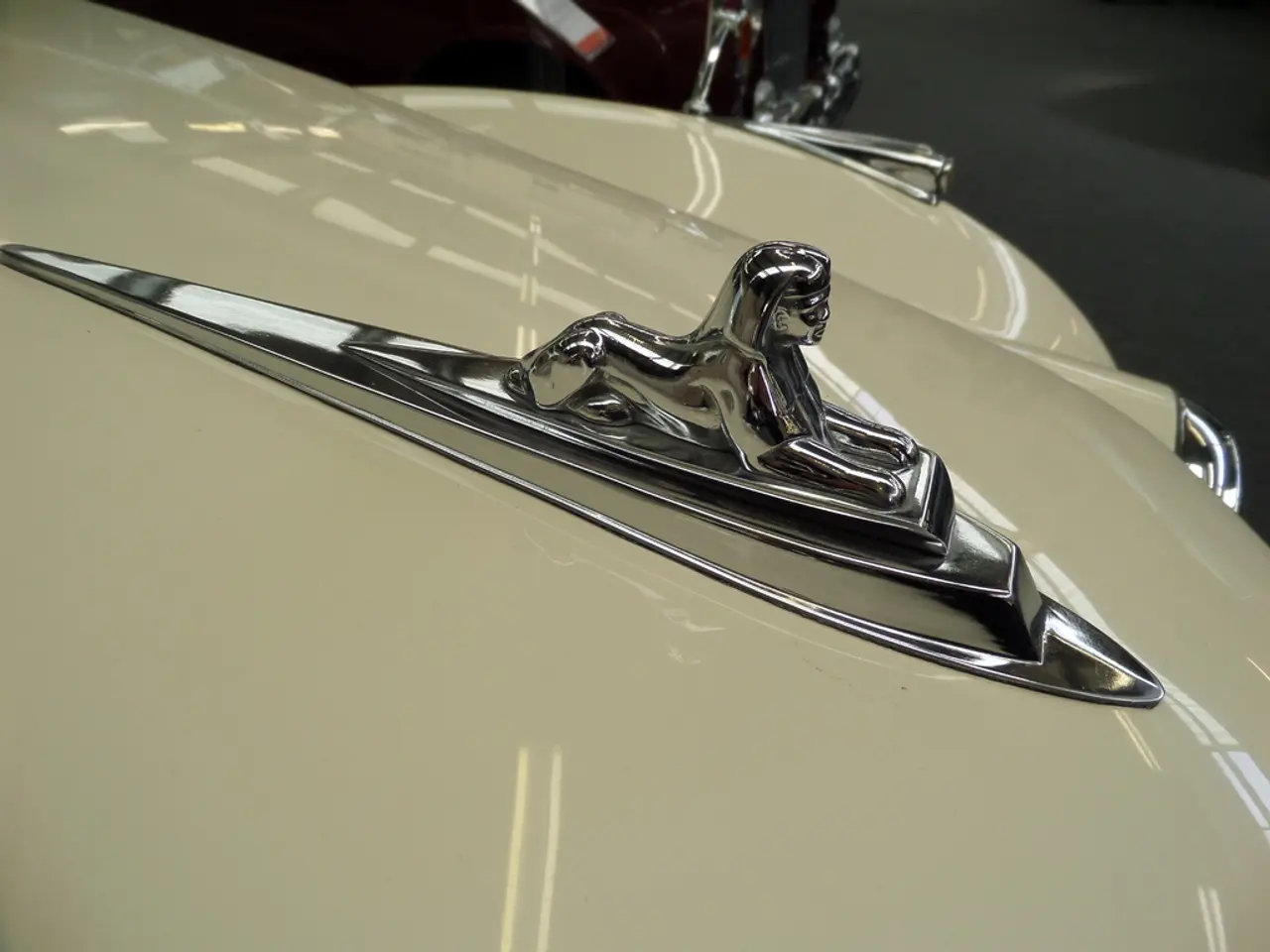Automotive brand Cupra has halted its U.S. launch schedule, aiming for a post-2030 start instead. Shocking news, isn't it?
In the ever-evolving world of automotive manufacturing, two performance brands - Cupra and Alpine - have decided to postpone their entry into the U.S. market. This strategic move comes in response to the current landscape of the industry, which is fraught with uncertainty and challenges.
Since breaking away from SEAT in 2018, Cupra has made significant strides, delivering over 900,000 vehicles. However, the Volkswagen Group has chosen to hold off on launching the Cupra brand in the U.S. until after 2030. The reasons behind this decision are numerous, including ongoing challenges in the automotive industry, shifting market dynamics, and regulatory uncertainties in the EV sector.
One of the key factors is the uncertain demand projections for electric vehicles (EVs) in the U.S., especially following the rollback of federal EV tax credits and the cancellation or threat to incentives for charging infrastructure. Additionally, tariffs and trade uncertainties, particularly tariffs imposed on imported vehicles during the Trump administration, have made selling Europe-built cars in the U.S. more precarious and costly.
Evolving market conditions and industry-wide challenges create risk and complexity for a successful launch in the highly competitive U.S. market. It's worth noting that this decision followed the departure of Cupra's former CEO Wayne Griffiths, but Seat clarified that the change in leadership was not a reason for the delay but coincided with an evolving strategic assessment.
Originally, Cupra planned to introduce electric and hybrid vehicles such as the electric Formentor crossover and a larger electric SUV designed for American preferences, along with other powertrain options. They also had plans to establish a retail network with Penske Automotive, aiming for about 20 City Garages along the U.S. coasts and Sun Belt regions, targeting sales of 100,000 units annually.
Cupra's leadership emphasizes that the postponement is strategic rather than a cancellation. They will continue monitoring market developments and reassess the timing to align with their long-term vision.
Similarly, Renault's performance marque Alpine has also decided to delay its entry into the U.S. market. The interim CEO, Duncan Minto, has stated that the current landscape is the reason for this decision. Alpine's original target for entering the U.S. market was 2027, but it now seems that ambition will have to wait.
While Cupra and Alpine navigate these challenges, their former parent company, SEAT, has seen a decline in sales. In the first half of 2025, SEAT sold 135,000 units, representing a 21.4% decline. In stark contrast, Cupra posted a record-breaking first half, moving 167,600 vehicles, marking a year-over-year increase of 33.4%. It's expected that Cupra will hit the one-million mark in sales before the end of the year.
This news underscores the complexity of entering the U.S. market for automotive brands, even those with a strong track record like Cupra. As the industry continues to evolve, we can expect to see more brands adapting their strategies to meet the challenges and opportunities presented by the U.S. market.
The Volkswagen Group delayed the launch of the Cupra brand in the U.S. until after 2030 due to several factors, including ongoing challenges in the automotive industry, shifting market dynamics, regulatory uncertainties in the EV sector, and potential tariffs on imported vehicles.
Meanwhile, Renault's performance marque Alpine has also decided to postpone its entry into the U.S. market due to the current unpredictable and challenging landscape of both the automotive industry and finance, which affect their transportation strategies.




